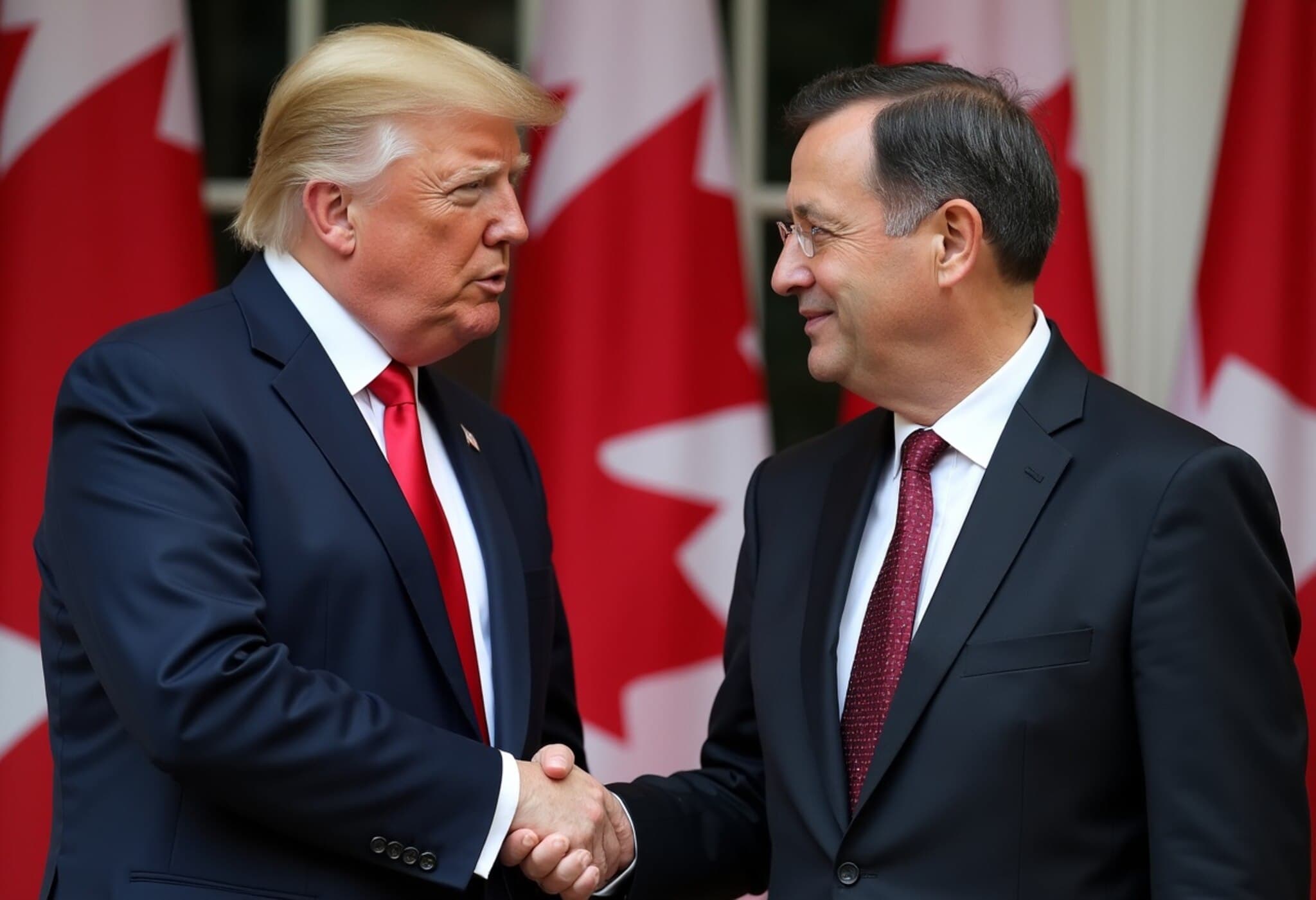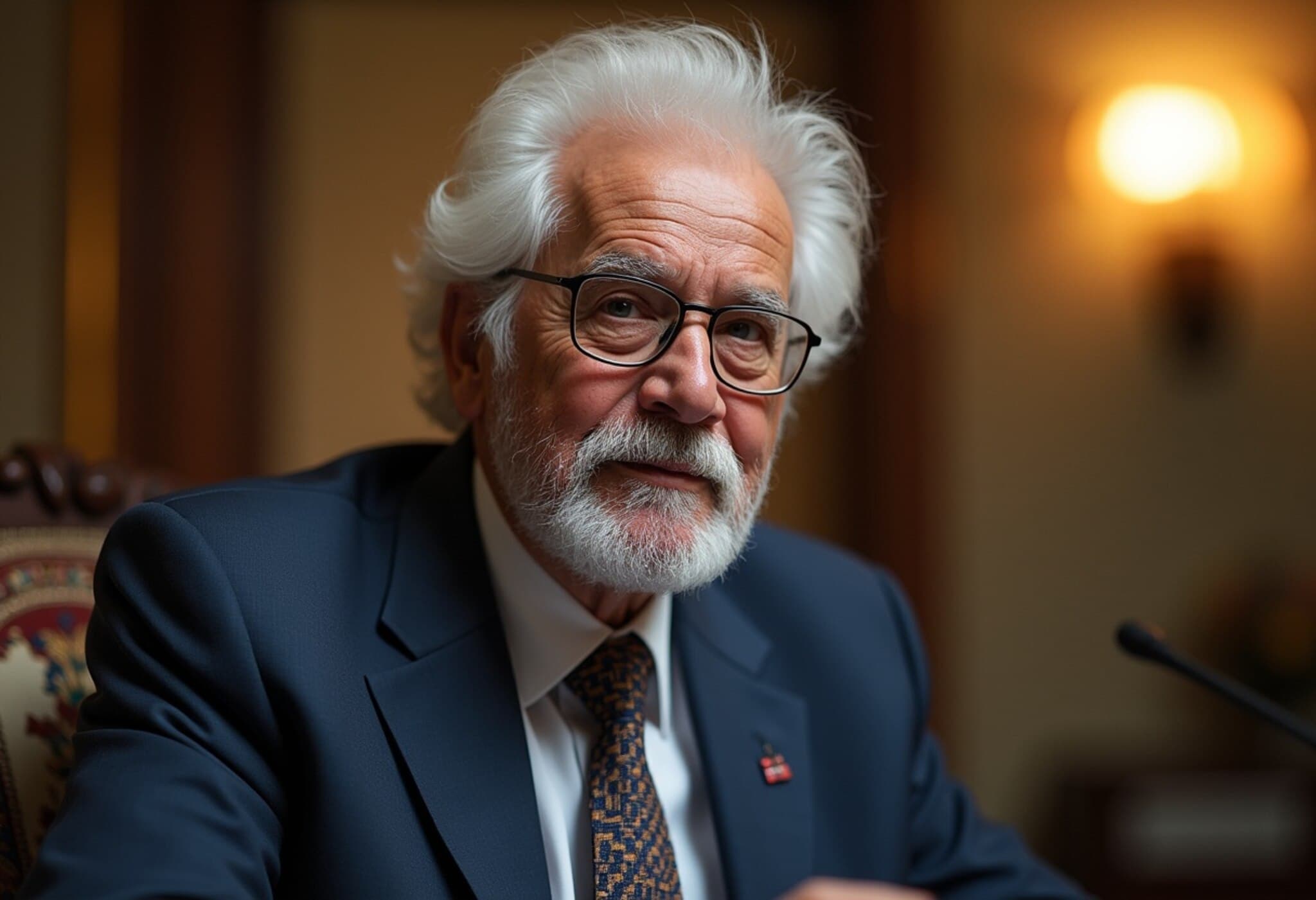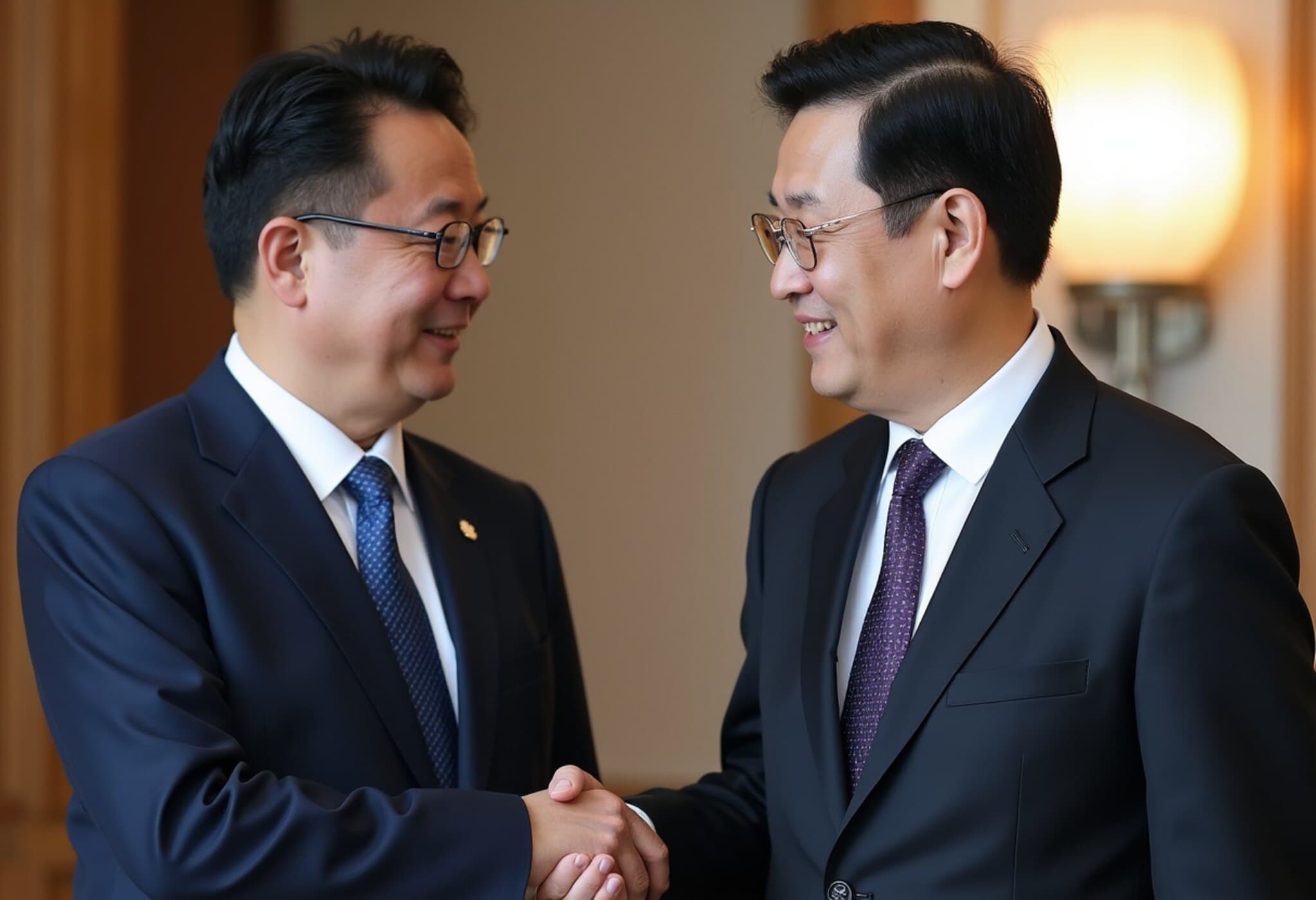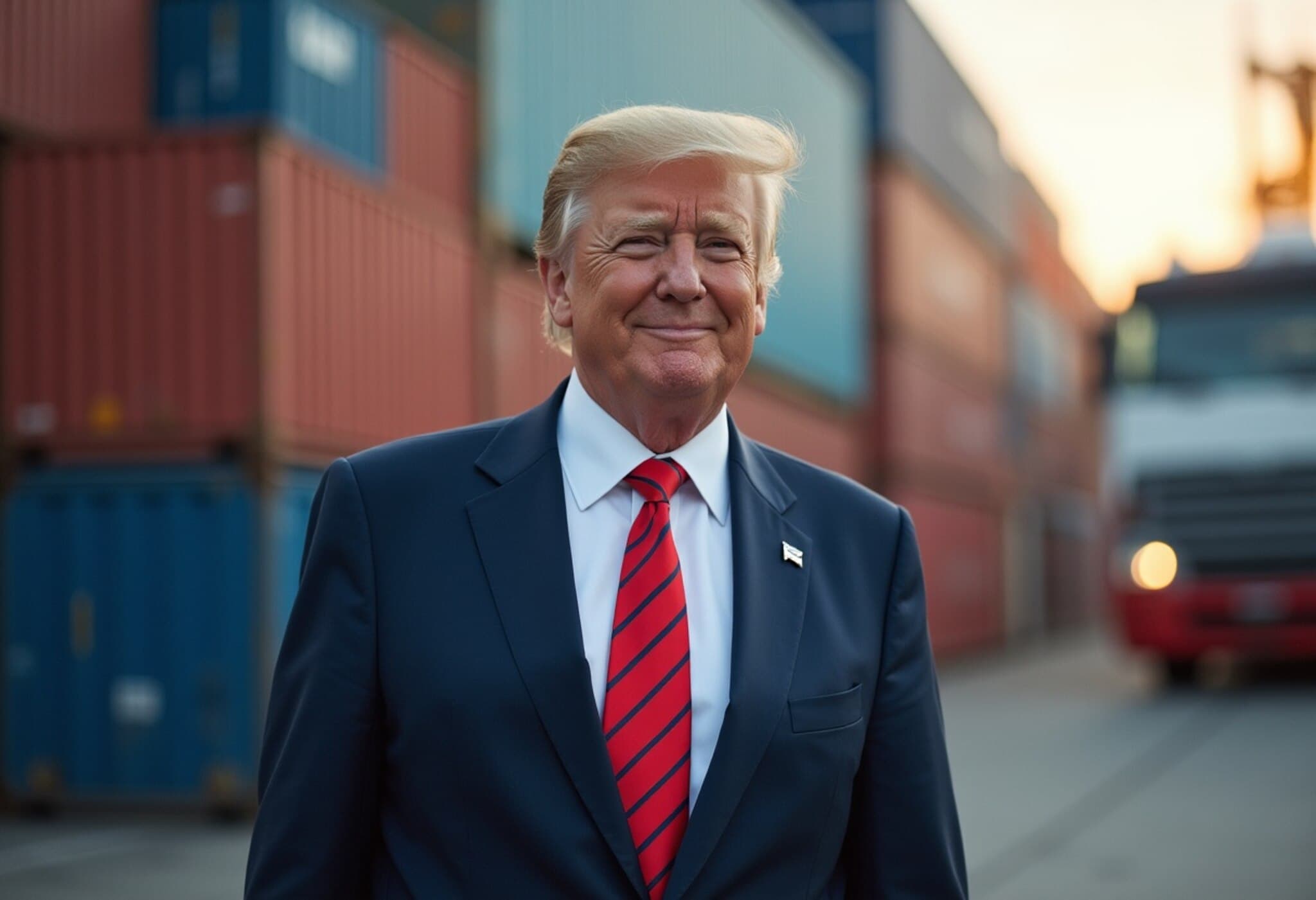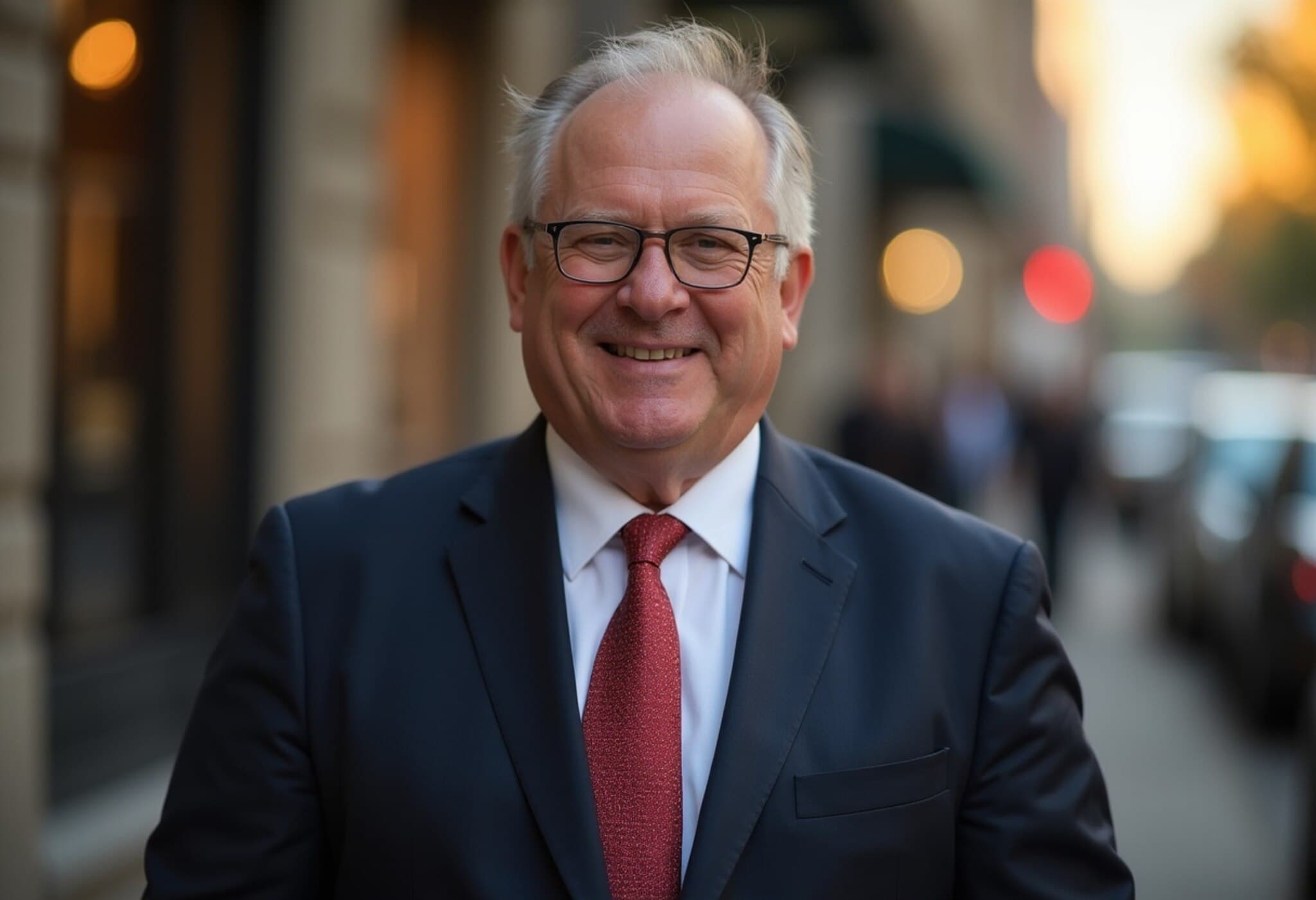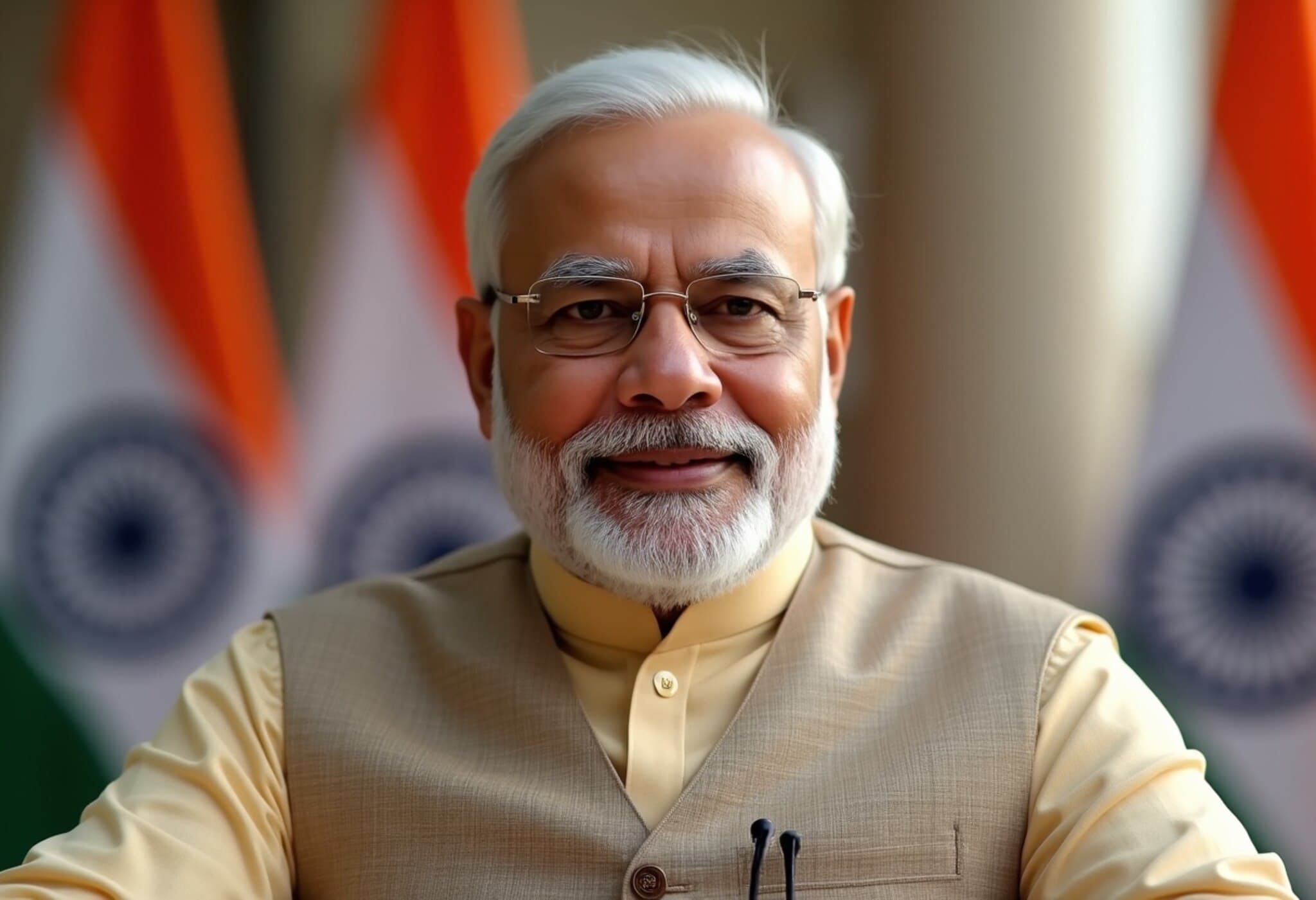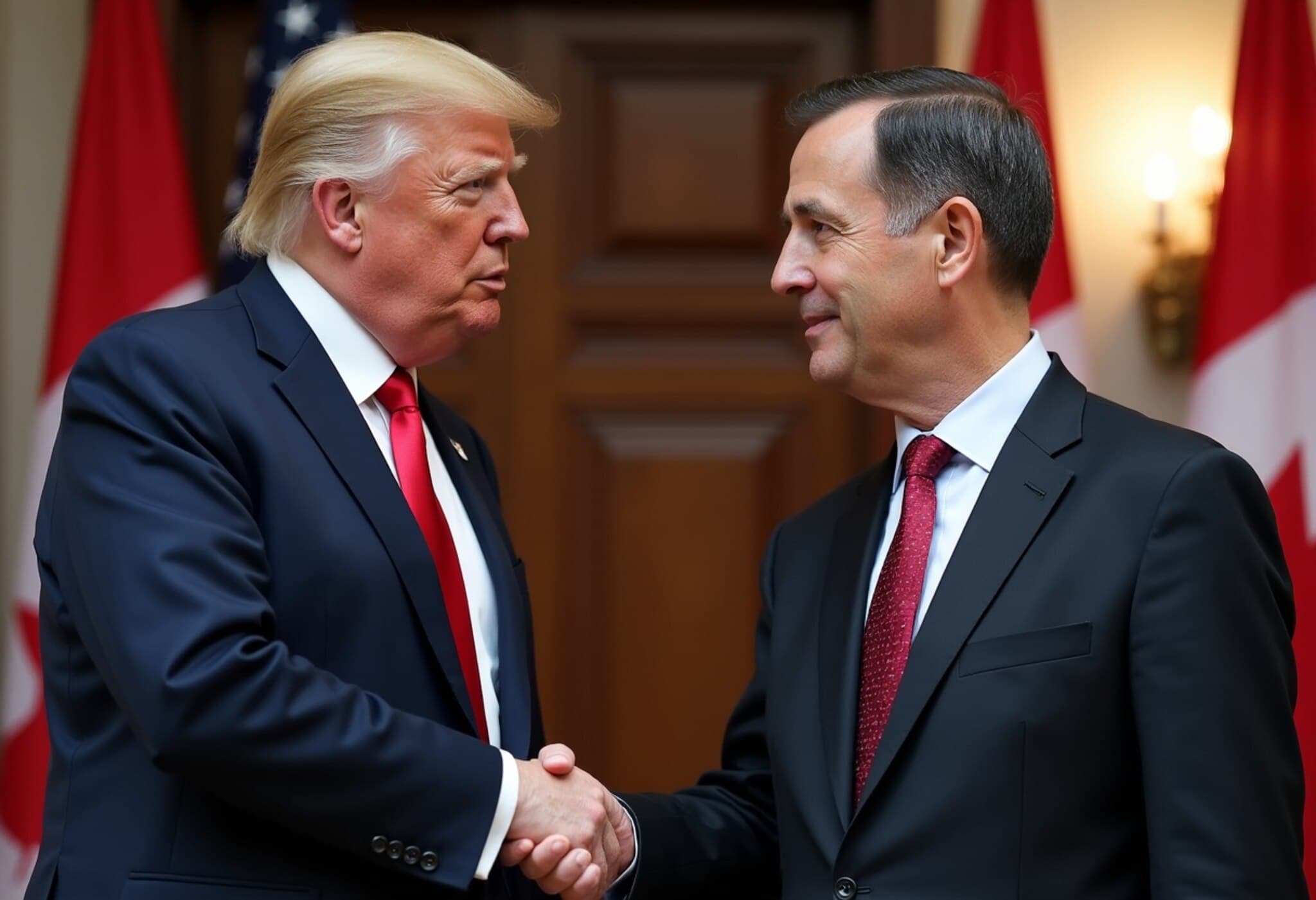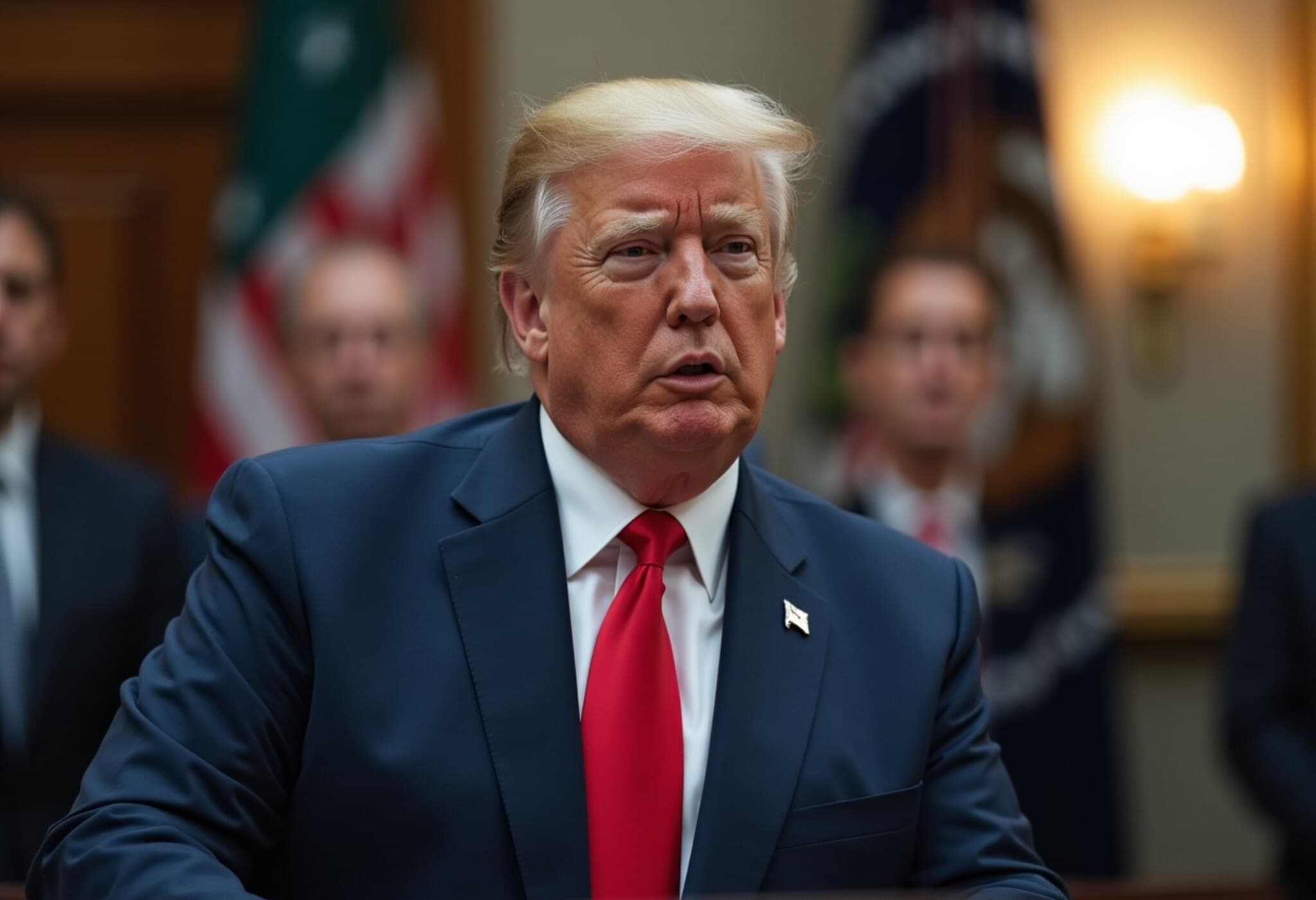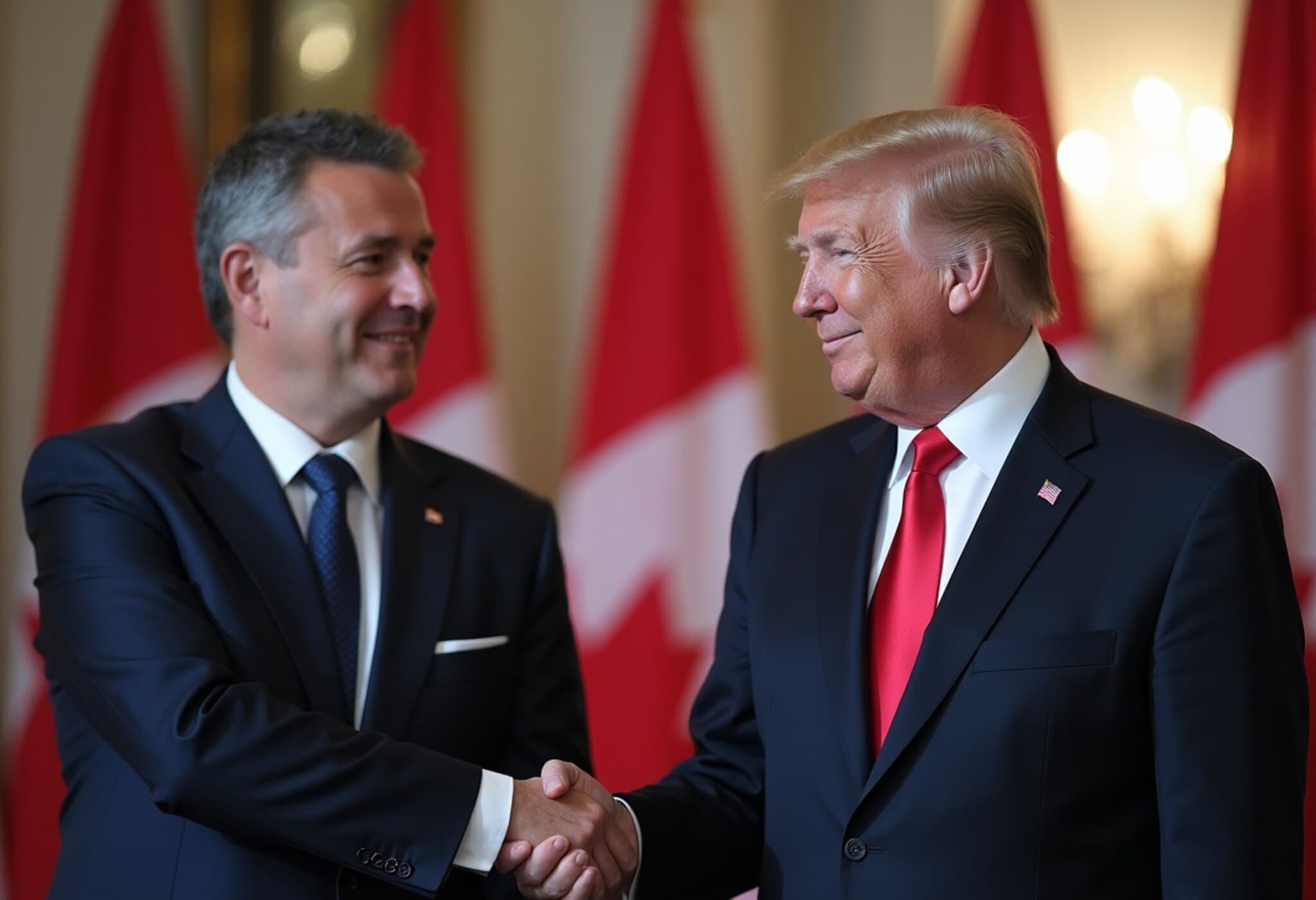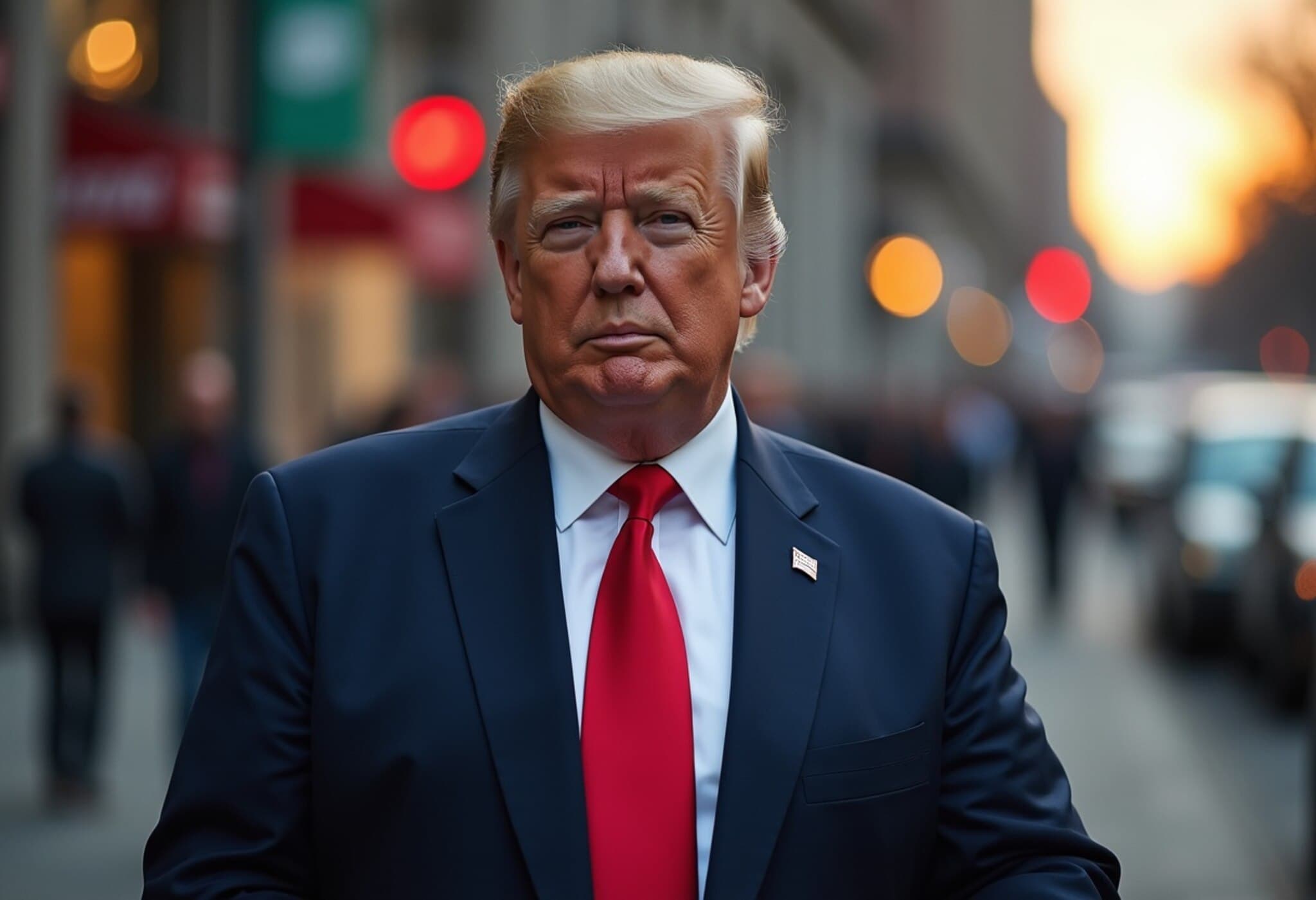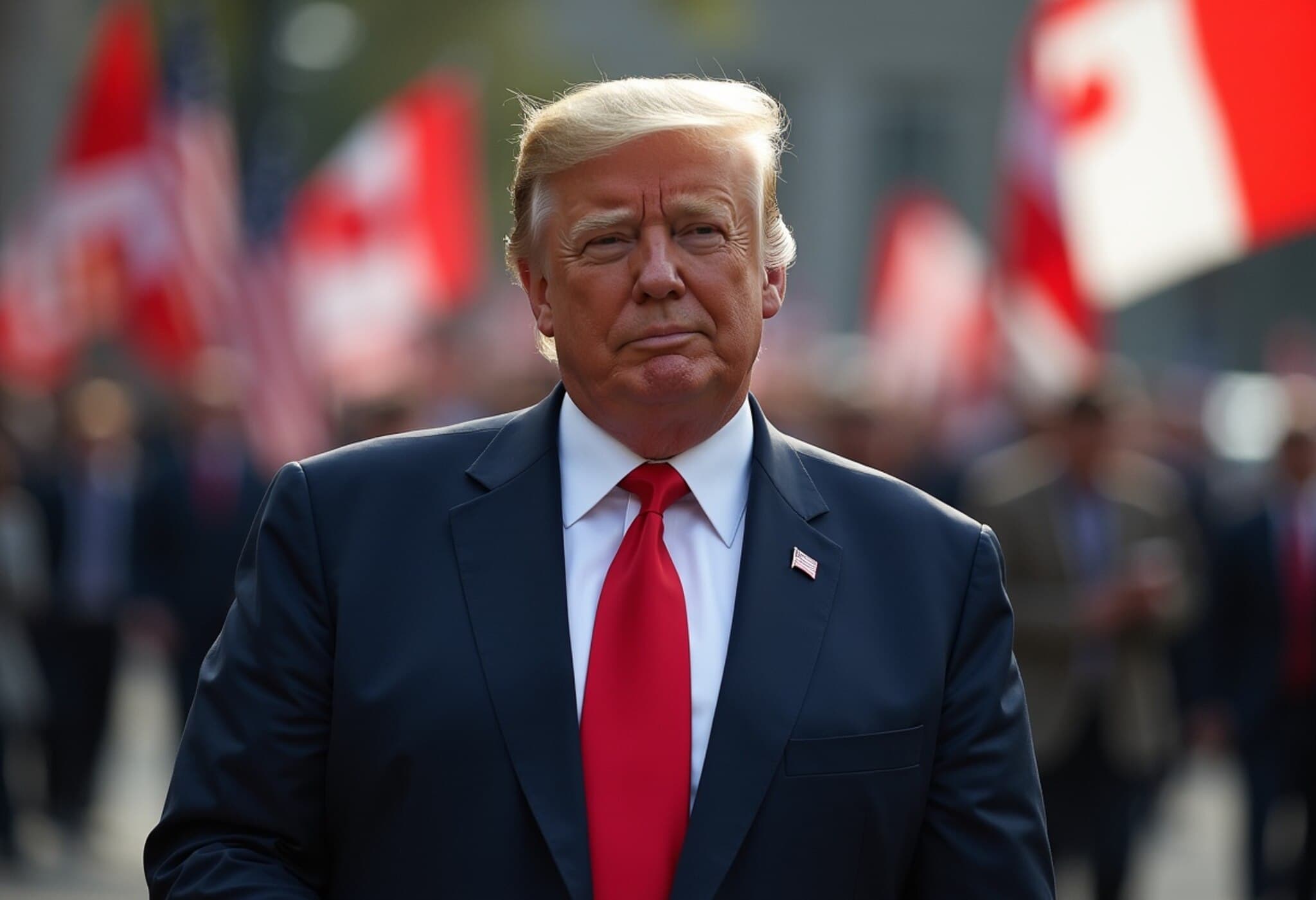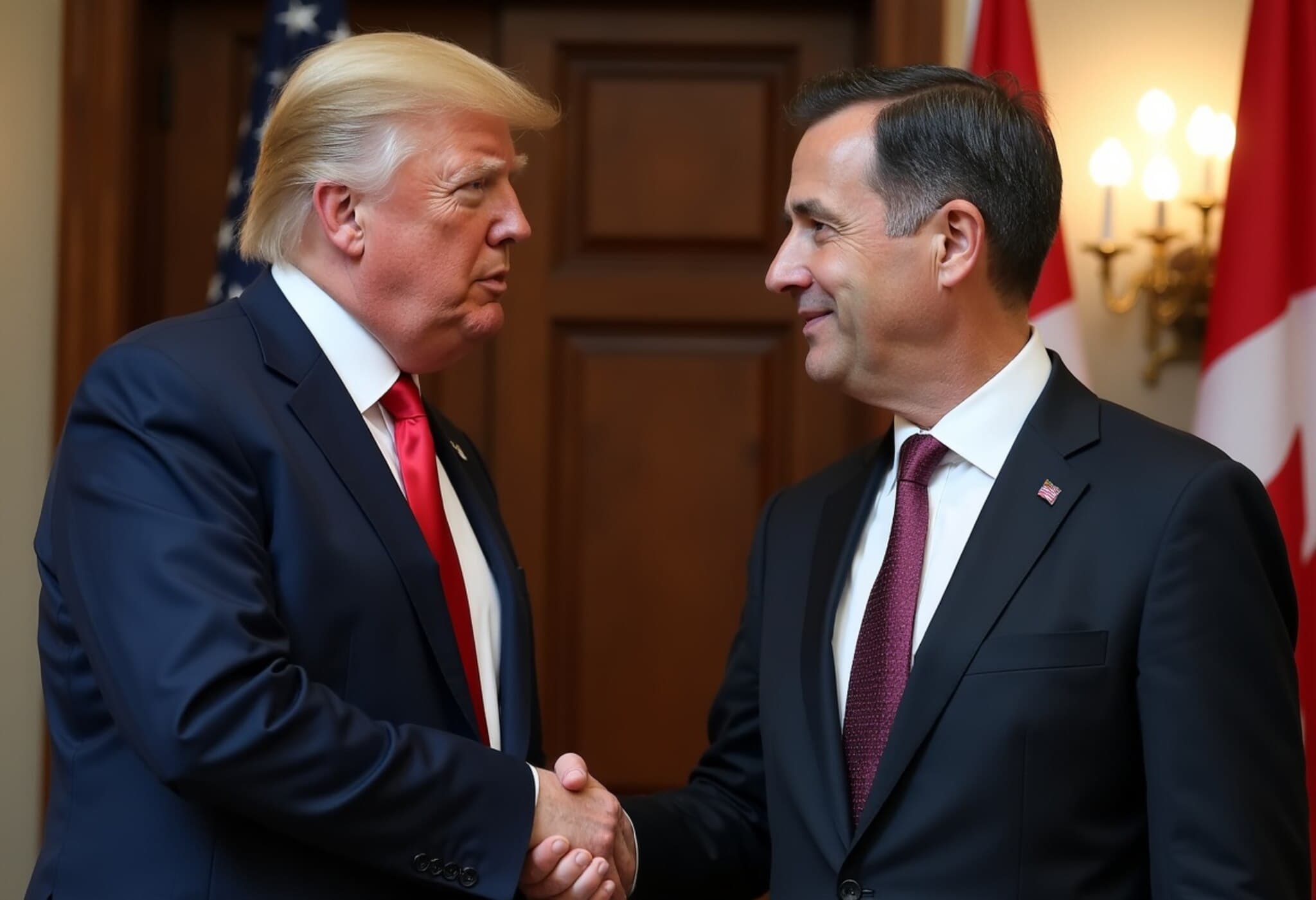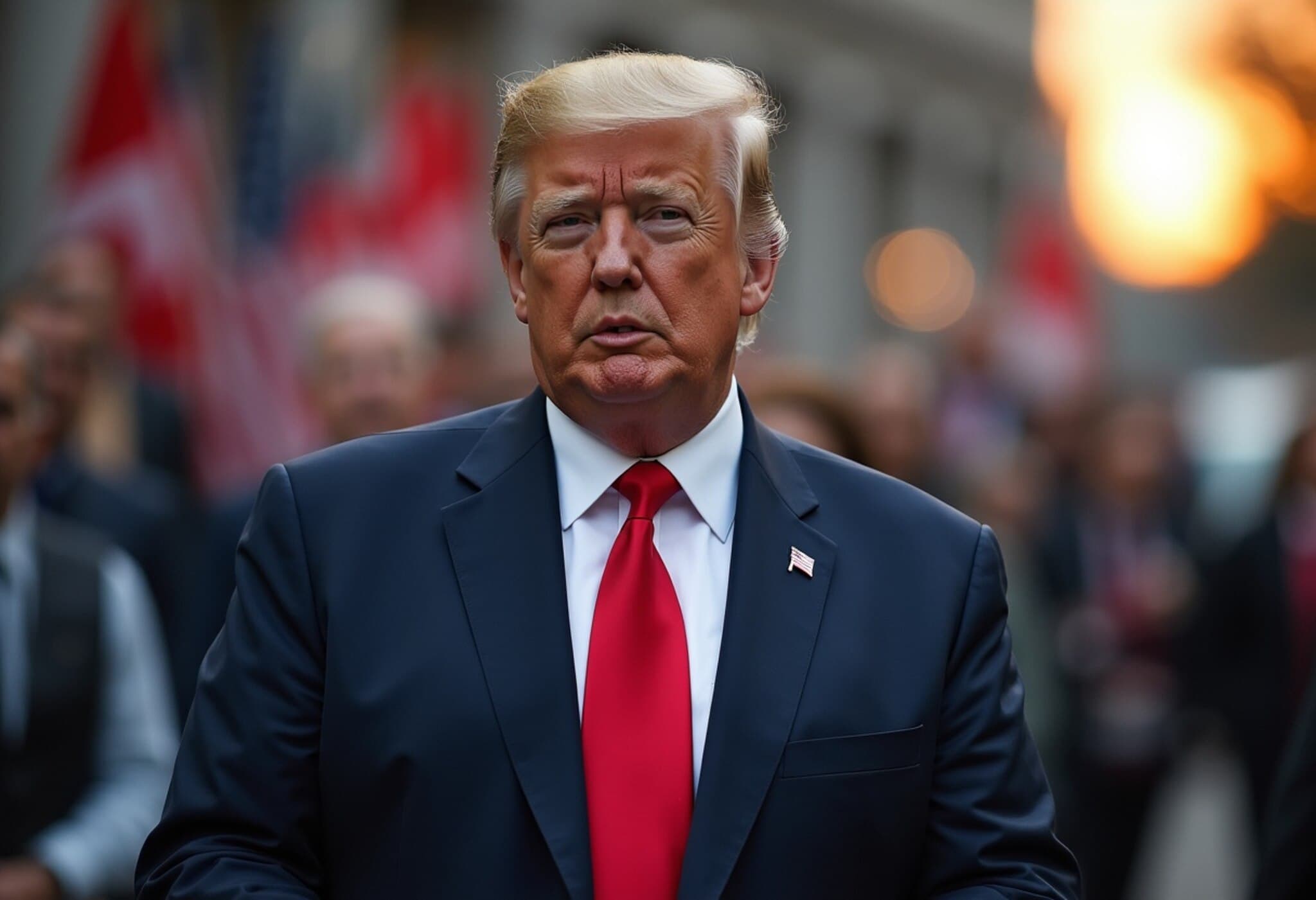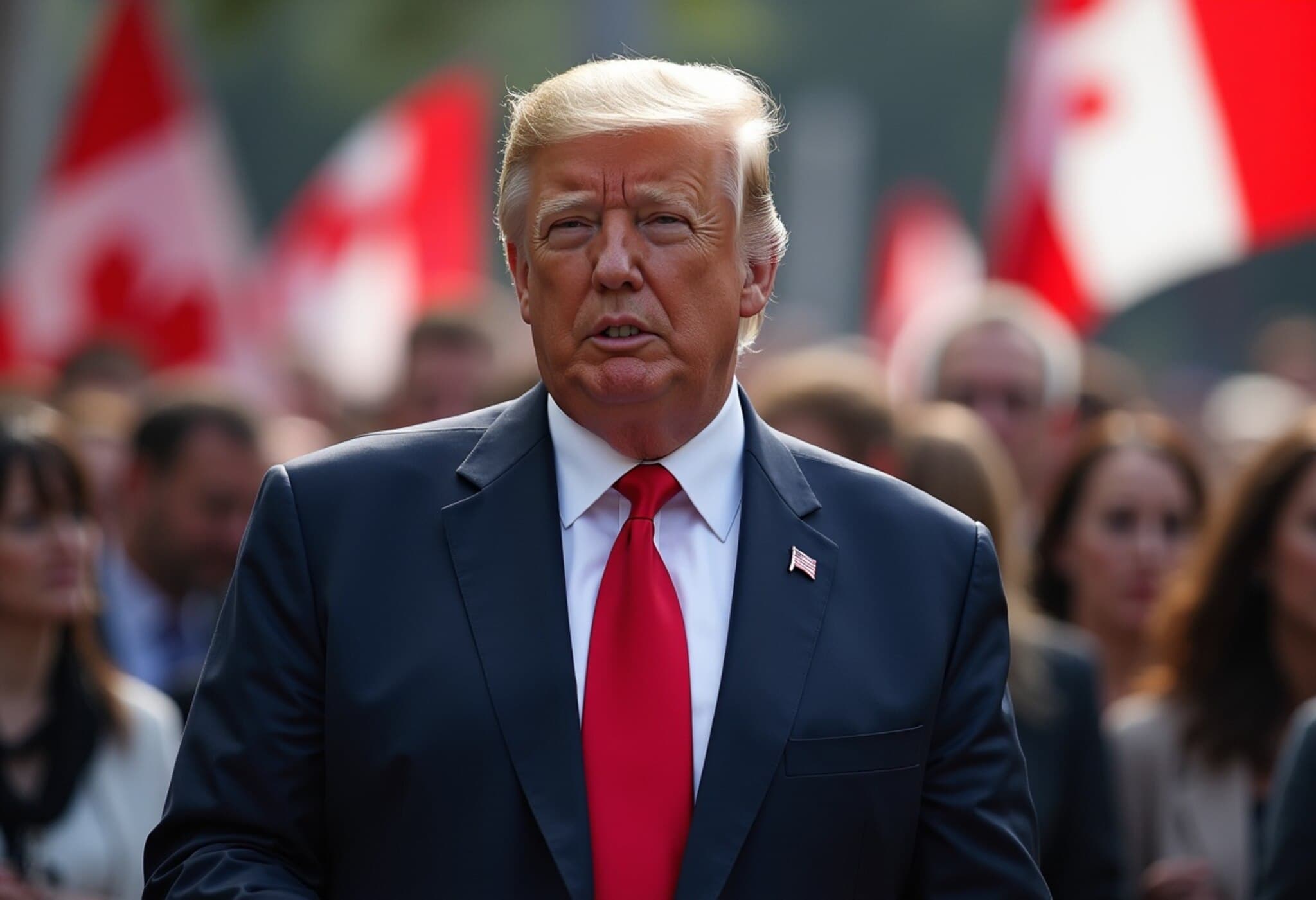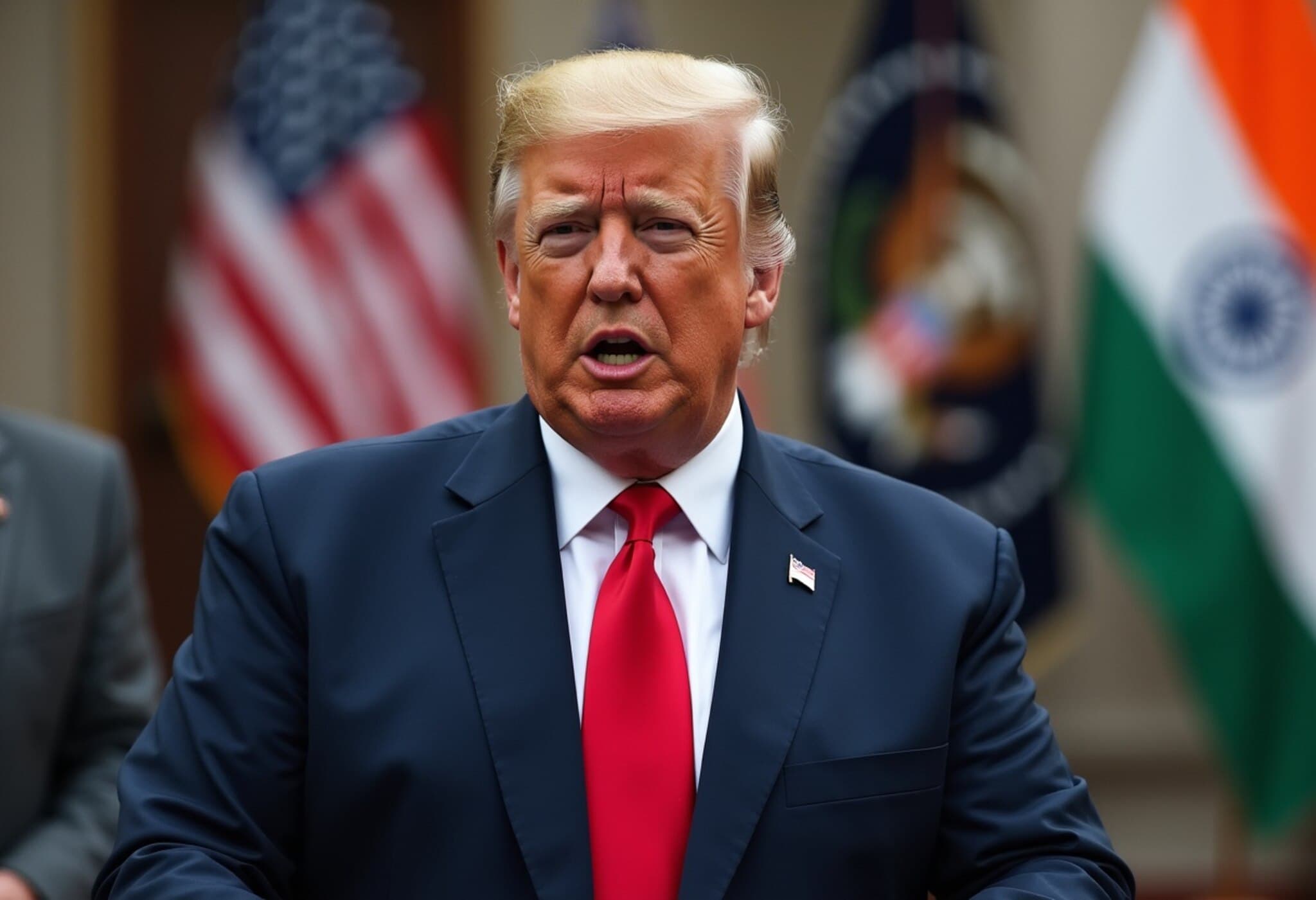Canada’s Trade Minister Affirms Commitment to US Talks Despite Rising Tariffs
Dominic LeBlanc, Canada’s Minister of International Trade, reaffirmed his country’s dedication to fostering a constructive trade relationship with the United States, even as new tariffs threaten to strain bilateral economic ties. Speaking on CBS’s Face the Nation, LeBlanc expressed cautious optimism about ongoing negotiations despite Washington’s recent decision to increase tariffs on Canadian goods.
Tariff Increase Fuels Economic Tensions
Last week, the Trump administration raised tariffs on Canadian exports from 25% to 35%, targeting products not covered under the existing Canada-United States-Mexico Agreement (CUSMA). The White House justified this escalation by citing concerns related to immigration policies and fentanyl trafficking, contending that Canada's enforcement efforts have not sufficiently mitigated these issues.
This tariff hike stands as a significant challenge, as Canada remains one of the United States’ largest trading partners. In 2024 alone, bilateral trade amounted to more than $760 billion, underscoring the deep economic interdependence between the two nations.
Canada's Response: Disappointment Coupled With Determination
LeBlanc labeled the tariff adjustment as “disappointing,” yet underscored an unwavering willingness to engage in sustained dialogue. He noted the tape of conversation with U.S. officials—Trade Representative Jamieson Greer and Commerce Secretary Howard Lutnick—remained “constructive and cordial,” reflecting a shared interest in resolving outstanding trade disputes.
“We recognize the importance of building two strong economies that complement each other,” LeBlanc emphasized. “Though we're not where we need to be yet, the path forward requires continued negotiation and mutual respect.”
US Officials Cite Retaliation and Integrity of Tariff Measures
On a related note, Trade Representative Greer explained the tariff increase as a response to Canadian retaliatory duties imposed during disputes under former Prime Minister Justin Trudeau. “To maintain the effectiveness of our policy actions, adjustments are necessary when countermeasures arise,” Greer said.
Yet, Greer also indicated potential openness to reaching a new trade arrangement, stating, “If a mutually beneficial deal is achievable, we will find it. Otherwise, current tariffs will remain.”
Prime Minister Mark Carney Weighs In
Prime Minister Mark Carney publicly expressed disappointment about the tariffs, highlighting that Canadian fentanyl imports to the U.S. represent a mere 1% of the total and reaffirming Canada’s proactive approach to combating illicit substances. Carney’s stance points to underlying complexities often overshadowed by trade rhetoric — notably, how intertwined border security, public health, and economic policies must be navigated together.
Building Bridges in a Fractured Relationship
LeBlanc revealed that Carney and President Trump are expected to discuss the matter in the coming days, describing their rapport as “business-like” and “respectful.” Both sides appear mindful of national security concerns yet are seeking pathways to maintain reliable, cost-effective supply chains that protect jobs on both sides of the border.
This diplomatic balancing act unfolds amid a backdrop of rising tensions since Trump’s inauguration. Controversial statements — including Trump’s suggestion that Canada could become the “51st state” — have underscored unease. Carney firmly rejected such ideas during a high-profile Oval Office meeting, affirming Canada’s sovereignty and distinct identity.
Expert Insight: Navigating Trade in a Politically Charged Era
From an American policy perspective, this escalating trade friction underscores the challenges facing modern globalization where economic ties are deeply interwoven with domestic political agendas and national security narratives. The U.S.’s use of tariffs as leverage reflects a strategic shift aimed at reshaping trade terms perceived as imbalanced.
Economists warn that prolonged tariff disputes could ripple beyond direct trade and disrupt sectors reliant on cross-border supply chains—including automotive, agriculture, and technology industries—potentially inflating costs for businesses and consumers alike.
Moreover, this episode spotlights the critical need for nuanced diplomacy that reconciles security and economic imperatives without resorting to blunt instruments that may escalate geopolitical tensions.
Key Takeaways
- Canada remains committed to working with the U.S. towards an equitable trade agreement despite recent tariff increases.
- The tariff hikes reflect broader U.S. concerns regarding immigration and fentanyl trafficking but carry significant economic repercussions.
- The ongoing dialogue maintains a tone of respect and pragmatism, with leaders cognizant of the intertwined nature of their economies.
- Experts caution that prolonged tariffs could disrupt critical supply chains and pressure industries on both sides.
Editor’s Note
The unfolding trade dynamics between Canada and the U.S. illuminate more than just economic conflict; they spotlight the delicate interplay of sovereignty, security, and commerce in an era of rising nationalism. As political leaders navigate this complex terrain, the question remains—can they architect a trade framework that sustains prosperity without sacrificing mutual trust? Readers are encouraged to consider how evolving geopolitical strategies might shape North American economic futures and what role diplomacy must play in bridging these divergent national interests.


